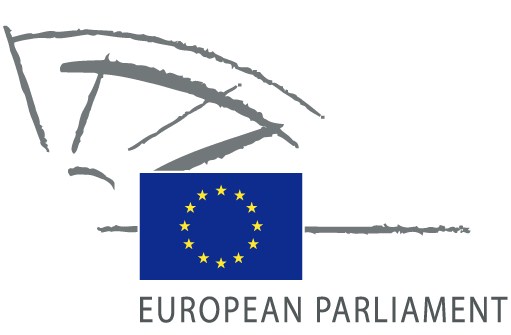Role: Legislative branch of the EU
Members: 751 Members of Parliament, as of 2014
Location: Strasbourg, Brussels, and Luxembourg
President: Martin Schulz
Members of the European Parliament (MEPs) are directly elected every five years by EU citizens to represent their interests. Seats in the European Parliament are proportionally allocated among the 28 Member States on the basis of their share of the EU population.
The Breakdown
The European Parliament elects its own President, who will serve a 30-month term. The President is the representative of Parliament to other EU institutions, and 14 Vice-Presidents support him in chairing plenary sessions. The 14 vice-presidential posts are divided to represent each political group.

Parliament is responsible for preparing for plenary sessions, where the issues are debated and discussed by the political groups. The plenary sessions take place over the course of a week every month in Strasbourg. This is also referred to as Strasbourg week, and it is attended by all MEPs to examine and vote for proposed legislation.
Functional Roles
The European Parliament has three main roles.
- Legislative: Along with the Council of the European Union, Parliament has the power to pass laws. This can also be referred to as the ‘co-decision’ procedure. The joint acts of the Council and Parliament pertains to the majority of EU legislation, covering a wide range of fields. Parliament must be consulted on other legislative proposals, and its approval is obligatory for important political or institutional decisions, such as, tax-related provisions and social security. Additionally, Parliament examines the European Commission’s annual work program, and considers which new laws would be appropriate for the EU. This procedure is followed by requesting the Commission to submit legislative and budgetary proposals.Since EU citizens directly elect MEPs, it helps ensure the democratic legitimacy of European law.
- Supervisory: Parliament exercises democratic supervision over all European institutions. It has the authority to approve or reject the nomination of the President of the European Commission and Commissioners. Parliament works closely with the Council, and provides input at every EU summit, which are the meetings held by the European Council.
- Budgetary: Parliament and the Council work together to decide on the EU’s annual budget. The Committee on Budgetary Control monitors EU spending, and then Parliament will decide whether or not to approve the Commission’s budgetary management from the previous year.




